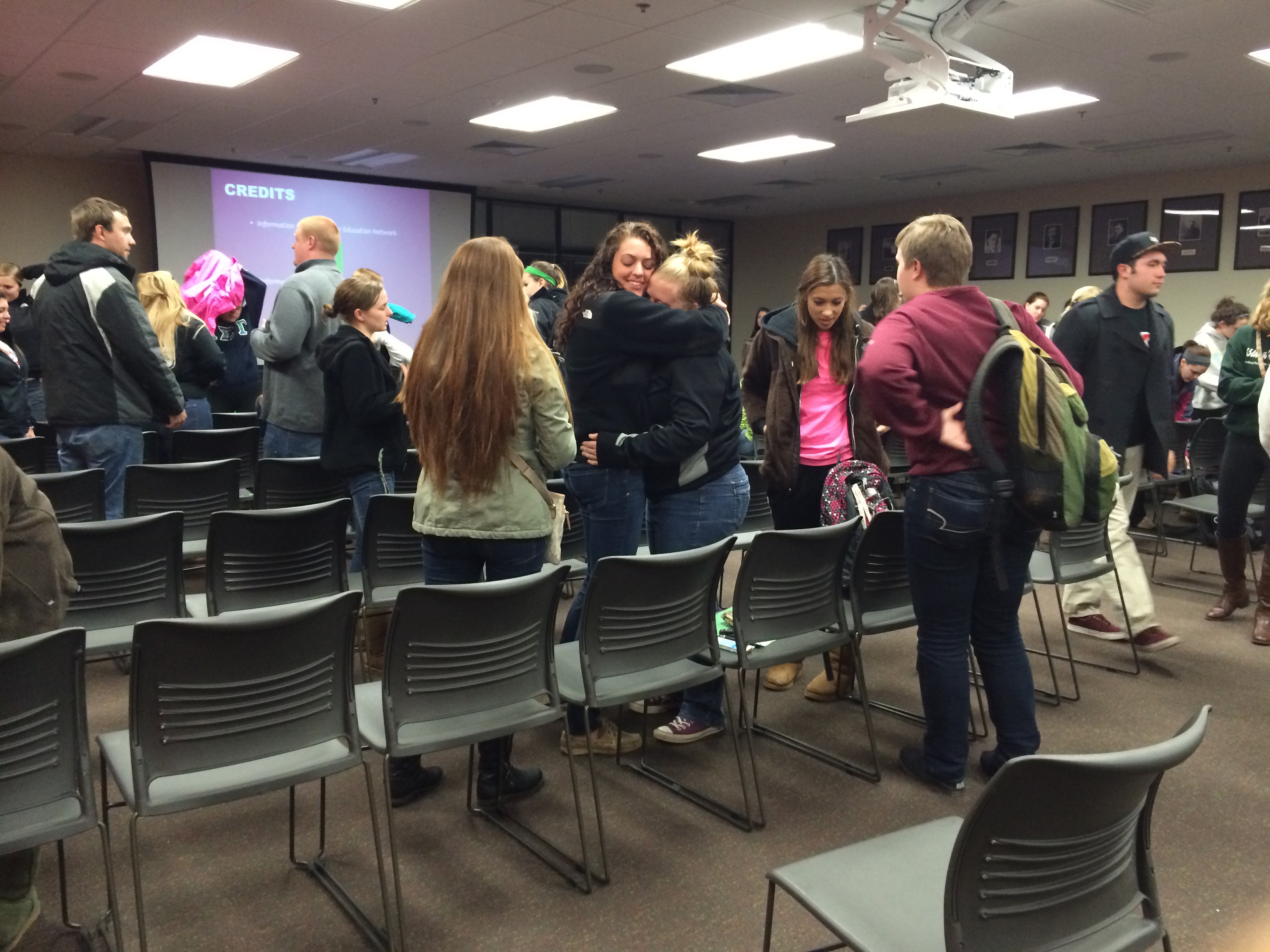United States, United Kingdom and France Launch Airstrikes Against Syrian Government
Airstrikes in Response To Suspected Chemical Weapons Violations
The latest development to come from the enduring civil war in Syria features the decision of the United States, United Kingdom, and France to employ the use of military airstrikes. The coordinated effort comes in retaliation for the most recent accusations that Syrian dictator Bashar al-Assad once again used chemical weapons on his own people resulting in the death of roughly 70 Syrian citizens.
Reports say that airstrikes included a total of 105 weapons launched in Syria. The Pentagon stated that 76 weapons were launched at a Syrian research facility, meanwhile, 22 were fired at a storage facility and 7 targeted a chemical weapons bunker. Syrian officials reported that anti-aircraft weapons responded to the strikes. However, the U.S. Pentagon refuted this statement, affirming that none of the airstrikes were successfully inhibited. Lt. Gen. Kenneth McKenzie told reporters, “the three facilities are — or more appropriately now, were — fundamental components to the regime’s chemical weapons infrastructure, I’d use three words to describe this operation: precise, overwhelming and effective.”
The suspected chemical attacks from the Assad regime are the latest in a series of violations of international law by the Syrian government dating back to President Obama’s time in office. President Trump previously employed airstrikes against Syria in April 2017 in response to earlier reports of chemical attacks. The airstrikes that took place on April 13, 2018 appear to be contained to a single attack, barring other use of chemical force by Assad. Secretary of Defense James Mattis stated that there are no other strikes currently planned.
Syrian ally, Russia, has subsequently condemned the airstrikes. Russian ambassador, Anatoly Antonov, responded by saying, “We warned that such actions will not be left without consequences. All responsibility for them rests with Washington, London and Paris.” These strikes mark the first cooperative effort of force against Syria, as France and the United Kingdom did not participate in the 2017 airstrikes.
The response within the United States to the strike is marked with various reactions. Several members of Congress, including House Minority Leader Nancy Pelosi, acknowledged the need to stop the human rights violations in Syria, however, wished for a more planned, calculated strategy that is authorized by congressional approval. Meanwhile, Republican leaders, including Senate Majority Leader Mitch McConnell and Speaker of the House Paul Ryan, have praised the attacks, citing the “barbaric use of chemical weapons” by the Assad regime.
At the United Nations, U.S. ambassador Nikki Haley accused the Syrian government of at least 50 chemical weapons violations since the beginning of the Syrian civil war in 2011. Meanwhile, Syrian allies Russia and Iran denied the reports of chemical attacks in Syria and claim photographic images of the aftermath have been fabricated by rebel forces and rescue workers alike. Russian Maj. Gen. Igor Konashenkov even accused Great Britain of being directly involved in the “staging” of photographs of victims.
The United Nations Chemical Weapons Convention of 1992 forbid the use, development, or stockpile of chemical weapons in any way. Since then, Bashar al-Assad and the Syrian government have been accused of violating international law and committing human rights violations on many occasions relating to their suspected use of chemical weapons.




